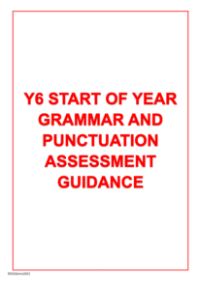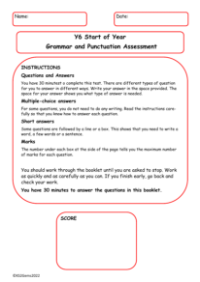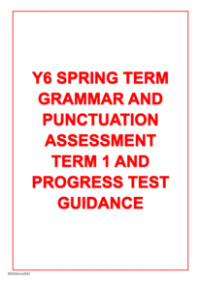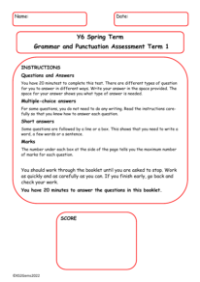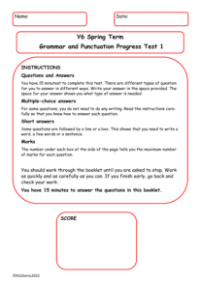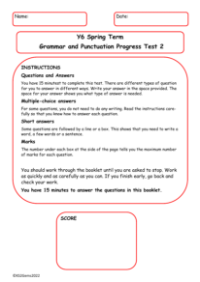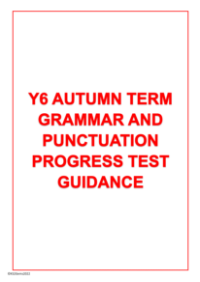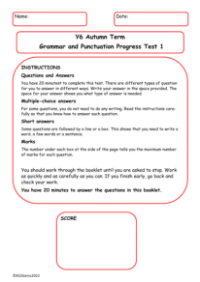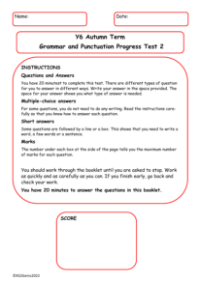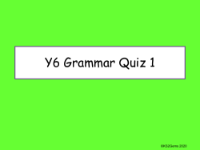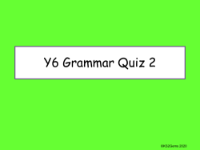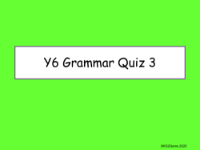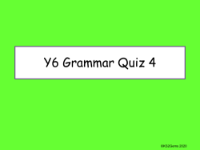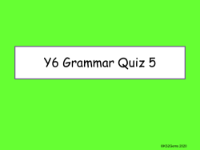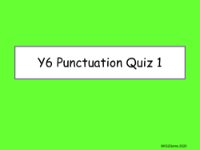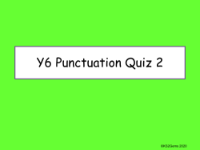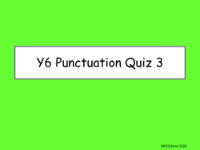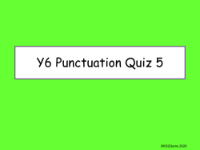Grammar and Punctuation Vocabulary
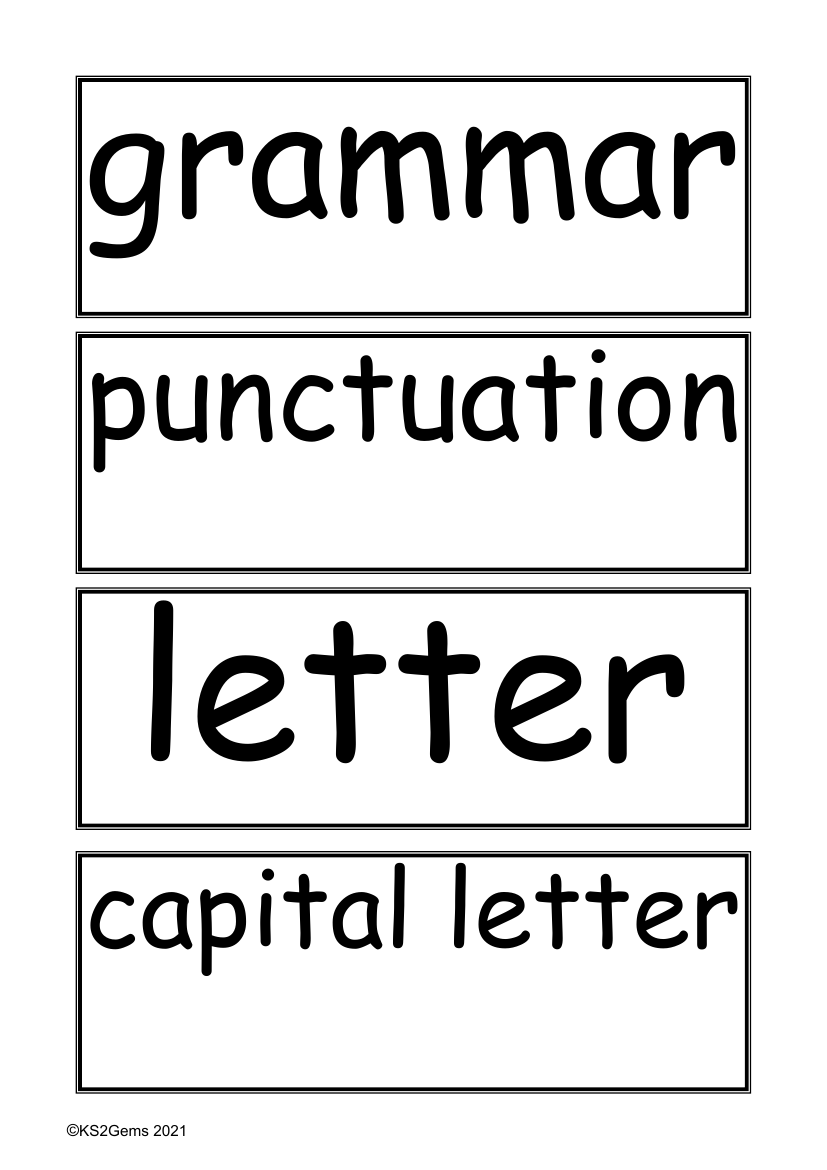
English Resource Description
The vocabulary essential for understanding grammar and punctuation encompasses a wide array of terms that form the building blocks of English language proficiency. Starting with the basics, 'grammar' refers to the rules that govern the structure of sentences, while 'punctuation' involves the symbols that help clarify meaning and indicate pauses or intonation within written language. Terms such as 'letter', 'capital letter', 'word', and 'sentence' are fundamental, with distinctions made between singular and plural forms, and the different types of sentences like statements, questions, exclamations, and commands.
Delving deeper into the components of sentences, we encounter 'noun', 'verb', 'adjective', and 'adverb', which are classes of words that perform specific roles. There are phrases like 'noun phrase' and clauses such as 'subordinate clause' that add complexity to a sentence. Punctuation marks, including 'full stop', 'comma', 'question mark', 'exclamation mark', and 'speech marks' (also known as 'inverted commas'), serve to segment text and convey tone. The use of 'apostrophe', 'colon', 'semi-colon', and 'hyphen' can significantly alter meaning, while 'ellipsis' indicates an omission. Understanding tenses, including 'past tense' and 'present tense', is crucial for expressing time in writing. Other key terms include 'preposition', 'conjunction', 'determiner', and 'pronoun', which each serve to connect, replace, or introduce elements of a sentence. Advanced concepts such as 'cohesion', 'ambiguity', 'active' and 'passive' voice, and 'parenthesis' (often denoted by 'bracket' or 'dash') are also part of this rich vocabulary set, which is fundamental to mastering English grammar and composition.
